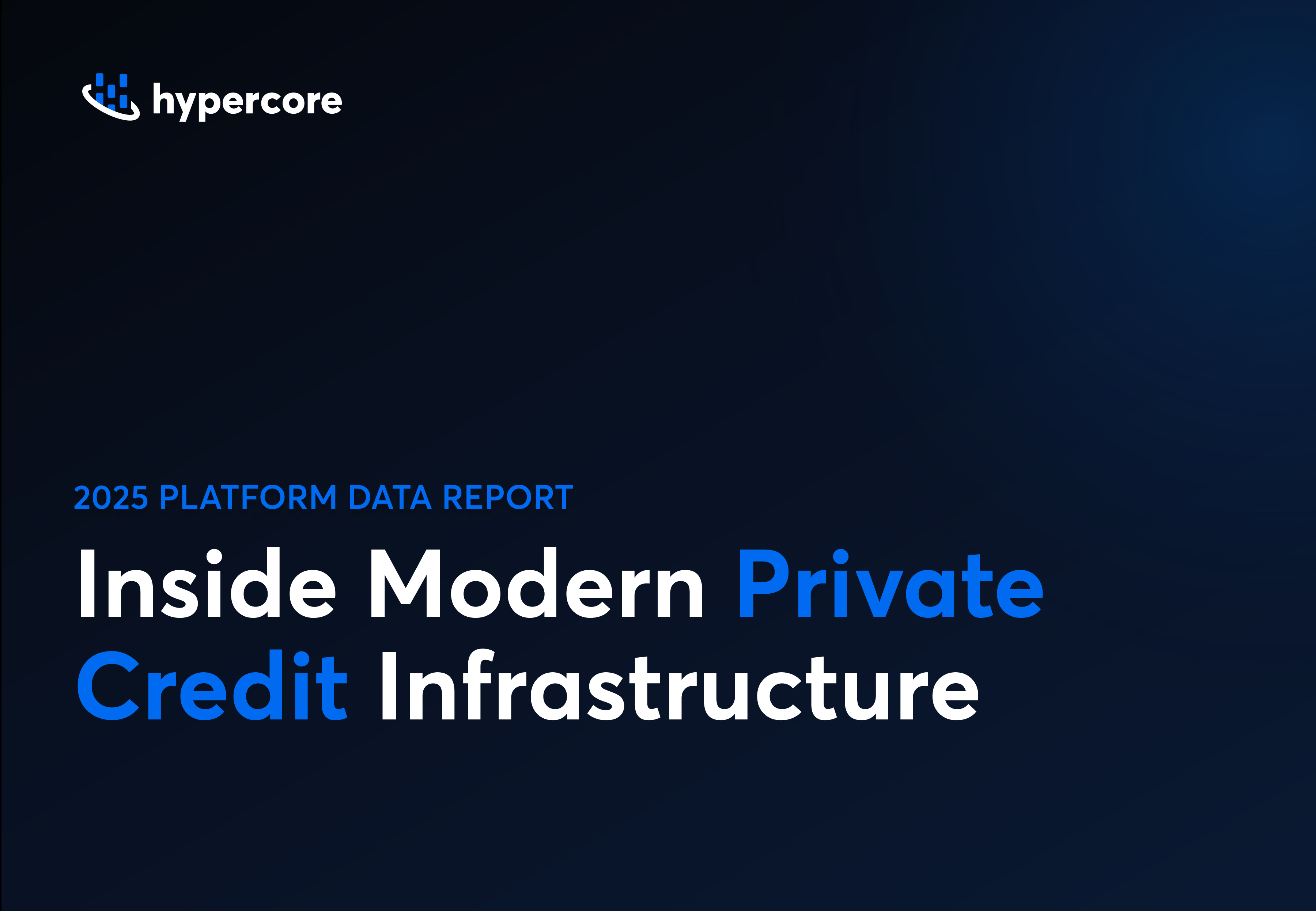Build VS Buy

Dec 14, 2023
3 min

In the world of non-bank lending, making the right choice for your loan management system can make all the difference to your organization’s success. The age-old dilemma of building your own solution leveraging Excel, versus buying, implementing, and adopting a pre-built solution is challenging for any industry. Many companies follow the same journey from spreadsheets to eventually embracing an easily customizable loan management solution that strikes a balance between efficiency and scalability.
Excel spreadsheets have long been the go-to tool for many businesses, especially in the finance world. They're familiar, easily accessible, and most importantly, cost-effective—exactly what an organization needs when they’re focused on cost-efficiency while scaling a business. It’s no wonder this is the first step in the loan management journey for organizations.
But relying solely on spreadsheets has its limitations:
Like most non-bank lenders, Edge Growth, a South Africa-based impact VC, began its operations fully in Excel. “All our processes were manual, so as we scaled, our costs would increase,” shared Head of Digital Lori Maroun. “Data was inaccurate and inconsistent, and reporting was manual.”
So what are your alternatives when you’ve outgrown basic Excel functionality?
Organizations typically begin with some form of custom application development. Most start by building out a more robust Excel-based development system, complete with custom macros and bespoke formulas and reporting. However, at the end of the day, this is still an Excel-based system, with the same challenges previously noted.
That’s when organizations try building a completely custom solution. This involves either in-house or outsourced software development resources hired to build, implement, and maintain a bespoke solution built for your organization’s needs. Custom development allows ultimate flexibility and personalization—from field types to automation, to data integration, you get exactly what you need. For lenders with truly unique loan management offerings, this could create a competitive advantage.
However, custom application development, while allowing for automation and better data integration, isn't without its challenges either. Building a custom loan management solution can be time and resource-intensive:
If Excel limits scalability, and custom development limits time and resources, what’s the happy medium? An out-of-the-box, easily customizable loan management software. Pre-built loan management solutions that enable customization and provide a user-friendly UI help organizations balance scale, cost, and compliance. If you’re looking for flexibility without high maintenance costs, buying an LMS may be the right path.
What else does loan management software offer?
This journey is pretty typical among non-bank lenders. Edge Growth started with manual, Excel spreadsheets, and then moved to outsourced third-party administration. “[When we outsourced], we were one step removed. Sometimes we would find gaps and errors in the data. We were further away from the insights and control of the data than we wanted to be,” shared COO Rich Chapman. This sparked their search for an LMS. “Now, for a similar cost, we’ve gained the benefits of having far better insights and control over our information, better processes, and as a result, a return uptick for our funds.”
From day-to-day client needs, to regulatory and compliance concerns, if you feel there’s enough going on in your organization’s day-to-day to worry about besides the accuracy and scalability of your loan management solution, a pre-built LMS may be for you. In this instance, opt for an easily customizable loan management solution and leave the limitations of Excel spreadsheets and custom development behind. This formula provides a blend of flexibility and efficiency, paving the way for your business to thrive and excel in the industry. By embracing a loan management system, you can empower your team to excel at what they do best – lending.

Industry
Tech
Jan 5, 2026